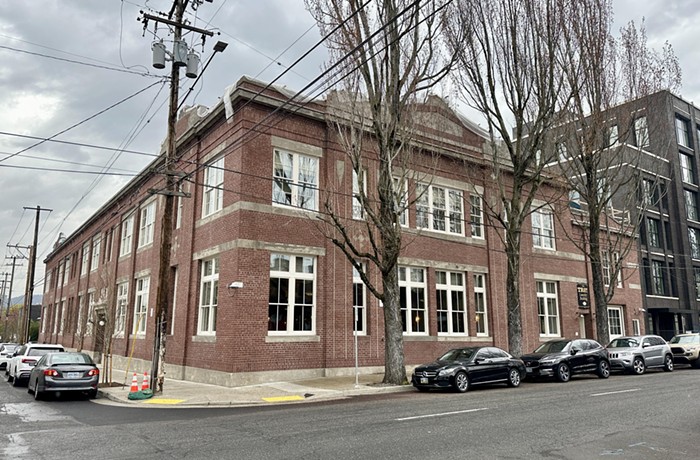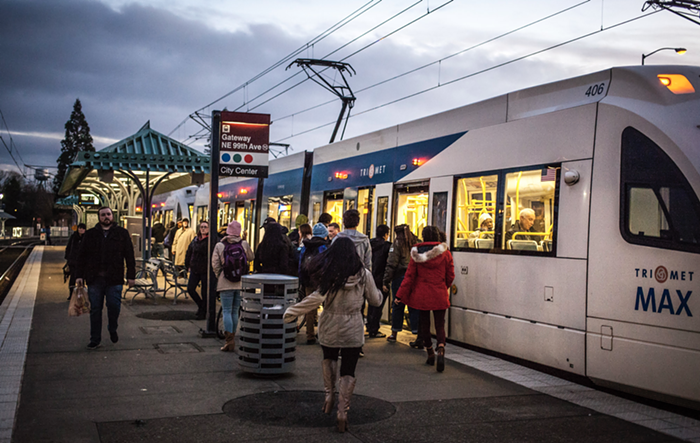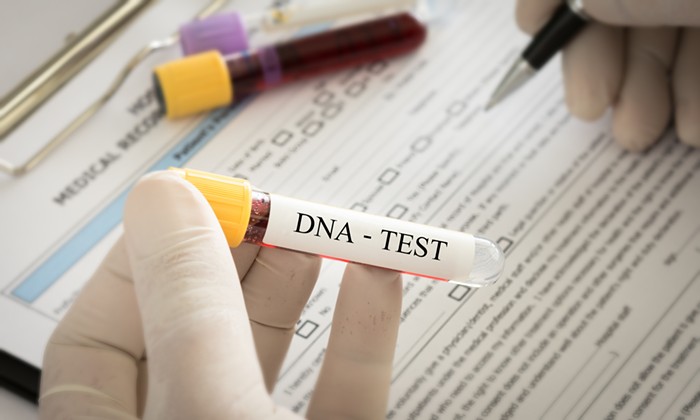
Despite persistently low union density, support for unions is at a historic high in the United States, with 65 percent of Americans supporting them, according to a recent MIT study. This rise in support alongside the even more explosive reemergence of the Black Lives Matter movement in the summer of 2020 is significant when looking at the historic connection between labor and the civil rights movement. Labor struggle has historically walked hand in hand with Black struggle.
This intersection between Black Lives Matter activism and labor poses an interesting question: Where do police unions fit into an increasingly pro-union America?
The answer is… they don’t. Police are not working class. They are certainly workers of a sort, but when it comes to what defines the working class, and how the labor struggle fits into a fight for a better society, police don’t fit in at all.
Police and their unions position themselves opposite labor struggle and anti-racist struggle. Police use their power to protect wealth, maintain the racist status quo, and protect themselves from accountability. Within the labor struggle it is often said that, “An injury to one is an injury to all.” Police are only responsible for injuries against the working class, and marginalized people in general.
It’s almost impossible to define the “working class,” especially in a “post”-pandemic world when it seems like everyone’s work life has been turned upside down. The most technical definition defines the working class as those engaged in waged labor, selling their labor to survive and producing profit for a boss who owns capital. But the term is thrown around as a marker of identity more often than labeling one’s work technically. Public school teachers, for example, do not directly produce profit for a singular boss or owner, but we recognize as a society that teachers are underpaid, and we include them in the general conception of the working class. Further, teachers unions are some of the most powerful contributors to today’s labor struggle. The working class are the people who make society work without reaping a comparable economic benefit.
This doesn’t apply to police. Police do not martyr themselves for the betterment of society. They protect the interests of those with power and wealth, assisting in carrying out a segregated method of social control. Policing is not a common good carried out in an equalized fashion. Black, Brown and poor neighborhoods are criminalized, seeing more police patrolling and violence. Whiter and more affluent neighborhoods are left alone, and are provided assistance when they choose to call on the police, often to the extreme detriment of people of color deemed suspicious.
The critical element of the relationship between Black liberation struggle and labor struggle is solidarity, and understanding that one's own struggle is tied up with someone else’s. Unions and Black liberation struggle need each other because their struggles are inherently intertwined. Workers of color are much more likely to make poverty wages, and are slated to make up a majority of the working class by 2032. The proportion of people of color in low-wage front line jobs is a huge part of the reason why COVID-19 has so disproportionately affected Black and Brown communities. Martin Luther King Jr. gave his I Have a Dream speech at the March on Washington for Jobs and Freedom, during an era where civil rights activists and their union allies were in lock step. This was during a time when the US was experiencing its highest rate of union density in the last fifty years. Fighting for Black liberation requires labor struggle.
Police, though highly unionized, have never been a part of this exchange of solidarity. Police have historically acted adversarially, to say the least, toward Black people and the working class. The famous Haymarket Riot of 1886 in Chicago started as a protest following the police killing of two striking workers at McCormick Reaper Works. Today police are still infinitely more likely to bust up a picket line than join it. In February 2020, when UC Santa Cruz graduate students went on strike demanding better wages, police forcibly arrested and brutalized 17 demonstrators.
Police only tend to care about workers' rights when it applies to them. The Oregon Legislature recently passed Senate Bill 621, allowing for the creation of voter-approved police oversight boards. The measure was created in response to last summer’s anti-racist uprising. The demand for civilian oversight should be considered tame compared to what many activists have advocated for since last summer—fully defunding, if not abolishing, the police. Still, the Portland Police Association (PPA), the union representing Portland Police Bureau’s (PPB) rank-and-file officers, came out against SB 621 in the name of “workers’ rights,” because the oversight board the bill sanctions will not be subject to collective bargaining. PPA has called SB 621 “anti-police legislation.”
However, when officers make complaints like this, they’re yelling into a void, because workers’ rights and greater autonomy for police are incompatible. The labor movement knows this. Even the most top-down unions support Black Lives Matter.
In student struggles, such as the local campaign Disarm PSU, which advocated for disarming campus police officers, professors’ unions have been critical allies for years. The rank-in-file of AFL-CIO and SEIU have respectively started the No Cop Unions and Drop the Cops campaigns, demanding that these organizations no longer represent police.
In an August 2020 interview on the podcast Working People from In These Times, Julia Wallace, a writer and member of SEIU Local 721 asked, “Why would we represent [police], or fight for them to have better pensions or better protection when they kill our members, or don’t protect our members?”
One of the primary barriers between police and the working class is the police's orientation to state power. The working class has historically engaged in an unending uphill struggle for strong union representation. That uphill struggle continues today, especially in the private sector. Police are highly unionized, and do not struggle to be represented adequately by their unions. In fact, police unions consistently enable officers to do more violence in the communities they work in with less consequences.
Police unions protect police from accountability. The working class have to struggle against their bosses, and sometimes against the state power the police represent to win their demands. Police use their unions to abuse regular working people.
This reality is exemplified in the PPA’s recent contract proposal to city council regarding body camera implementation in Portland. The proposal would increase the police budget by millions, incentivize officers to wear cameras by giving them a raise, and simultaneously allow officers to use footage in order to evade accountability before it was released to the public. Between surveilling civilians more often, increasing pay within a police department that the community is calling to defund, and blatantly supporting a lack of transparency, PPA and PPB’s desires are entirely unaligned with the interests of working people, especially those who are Black and Brown.
Through the labor movement, the working class fights for democracy in their workplaces, as a part of a larger struggle for a more just society. The early labor movement in the US was defined by its large makeup of communists and anarchists, who saw labor struggle as a part of changing the world for all oppressed people.
That legacy continues today as labor struggle constantly intersects with the movements such as Black Lives Matter, Me Too, the fight for Palestinian liberation, and so on. Police officers do not show up in solidarity with other unions, or with these struggles. When police have powerful unions, it has the exact opposite effect than the labor movement is trying to see through.
Police with union power help to build a world which is less safe, less democratic, and where those in power are less accountable. Police represent the antithesis of the working class.
Olivia Pace is a writer and community organizer from Portland, who helped lead the Disarm PSU campaign. Read more of Olivia's work here.

















